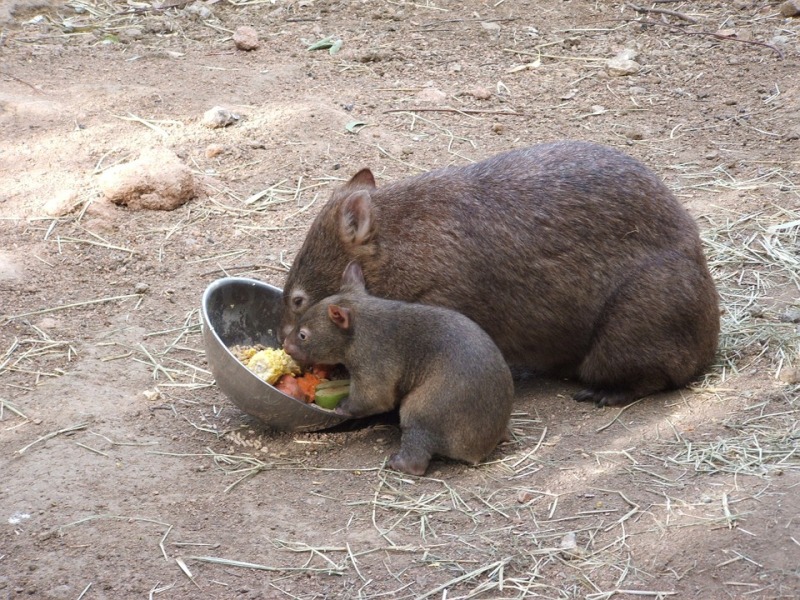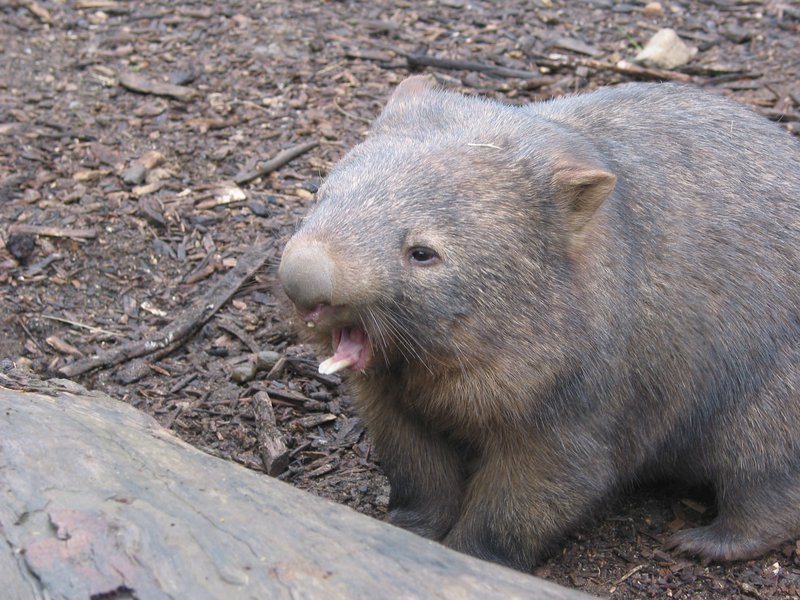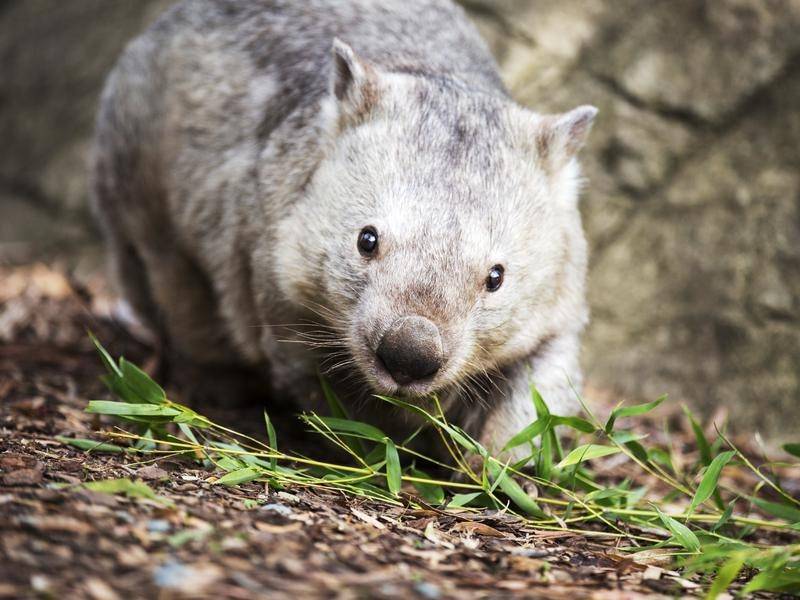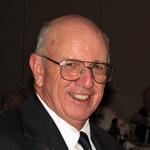
Our Bent Car
We were driving from Hobart to Queenstown when we met a wombat (Vombatus ursinus) crossing the road at night. The Derwent Highway runs west through some of Tasmania’s roughest country with thick scrub and trees close to the edge of the road which is where this chap came from.
It didn’t take long to stop, the wombat saw to that. It was like running into an ironbark tree stump. My first thought, after checking to see my wife and the two boys were OK, was for the wombat but he was heading off into the scrub down a slight slope with no apparent injuries.
The passenger-side front mudguard was a write-off; I had to work hard to free it from the wheel so we could continue, albeit at a reduced speed.

What is a Wombat?
Wombats were relatively common in those parts, not an everyday sight but visible on occasions and more so if you go looking for them. They are relatively harmless to human unless confronted with nowhere to go in which case they can inflict a nasty bite but in normal circumstances, they will turn and walk away.
Wombats aren’t large animals, average head and body length varies between 840 – 1150mm and their average weight is around 26kg but can reach almost 40kg.
They are short, stocky, barrel-shaped animals with physical characteristics which reflect its burrowing nature. It has a broad head with small eyes, a short strong neck, powerful shoulders and a very small tail hidden by fur.
They are mammals and carry their young in a backwards-facing pouch to avoid dirt while digging. They are prolific diggers. A wombat’s most distinguishing feature is its large, naked nose and short, slightly rounded ears.

Wombat Food
The main food for wombats is fibrous native grasses, sedges and rushes, and the choice of food depends on what is available at the time. Wombats seem to prefer Tussock Grass in the forest areas and Kangaroo Grass and Wallaby Grass are favoured in open, more pastoral areas.
So I was surprised recently to see a report concerning Chinese visitors to Crown Casino in Melbourne being offered the opportunity to shoot wombats and other native species for a fee of $1,000 per day.
A property at Murrundindi, about an hour’s drive from Melbourne, is owned by Tom Zhou, a wealthy Chinese businessman and alleged fugitive criminal who has partnered with Crown to provide services for high-rolling clients.
It is reported by several Melbourne news outlets Mr Zhou is considered ‘royalty’ by Crown; he’s a big spender and generates a great deal of custom from China for the casino.

Wilderness Hunters?
Mr Zhou’s company website, translated from Mandarin, has the following transcript; “When we come to Australia, we should experience life that we can’t experience in China. The first thing that should be felt in Australia is to be a wilderness hunter in the mountains of Australia.
“Even if you don’t have any shooting experience, it doesn’t matter. With professional guidance, you will be a great shooter! “Hares, foxes, wombats, wild ducks... A variety of wild animals to spend a happy holiday with you.”
No-one I know of is concerned about the shooting of hares, foxes and rabbits, these feral animals are fair game but wombats shouldn’t be and wild ducks are only allowed to be shot during an open season.
Feral deer are said to be on the Murrundindi farm and would also be in the telescopic sights of visiting shooters who would be unlikely to have the appropriate permits. Wombats are protected in all states in Australia apart from 193 districts in Victoria where permits may be issued to farmers to control numbers.
This is primarily because wombats dig tunnels under fences and allow livestock to stray but only where numbers have escalated beyond a reasonable number.
Australian native animals face extreme conditions of drought, flood, habitat loss, environmental contamination and predation from domestic animals – it’s difficult enough to maintain their numbers and now we’re allowing Chinese tourists to shoot Wombats!
.jpg) John Skinner is a retired journalist who has written nine biographies on famous campdrafting competitors. He was an Australian infantry soldier wounded in Vietnam, served six years as a Police Officer, was CEO of the then Australian Rough Riders Assn (Pro-Rodeo based in Warwick, Qld). He and his wife Marion retired to a small farm 25km south of Warwick 20 years ago. They have three children and now seven grandchildren.
John Skinner is a retired journalist who has written nine biographies on famous campdrafting competitors. He was an Australian infantry soldier wounded in Vietnam, served six years as a Police Officer, was CEO of the then Australian Rough Riders Assn (Pro-Rodeo based in Warwick, Qld). He and his wife Marion retired to a small farm 25km south of Warwick 20 years ago. They have three children and now seven grandchildren.

John Skinner served as an infantry soldier in Vietnam then the Tasmanian Police before taking up the position of CEO of the Australian Rough Riders Association (professional rodeo based in Warwick Qld). Before retirement to his small farm, he was a photo-journalist for 25 years. He is married with 3 children and 7 grandchildren.